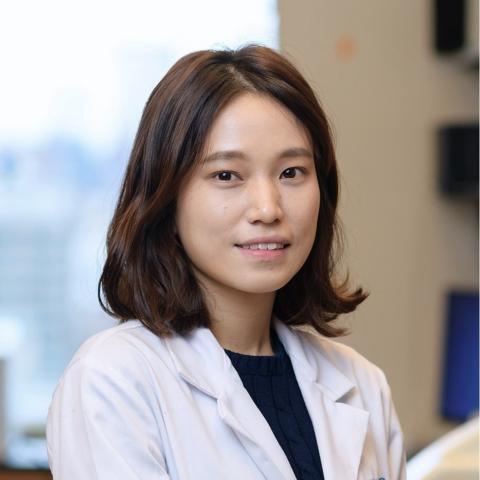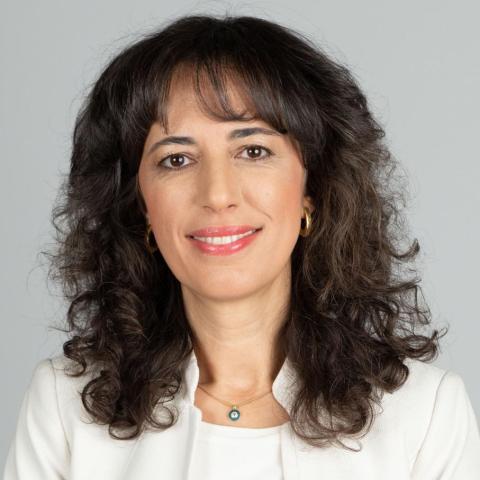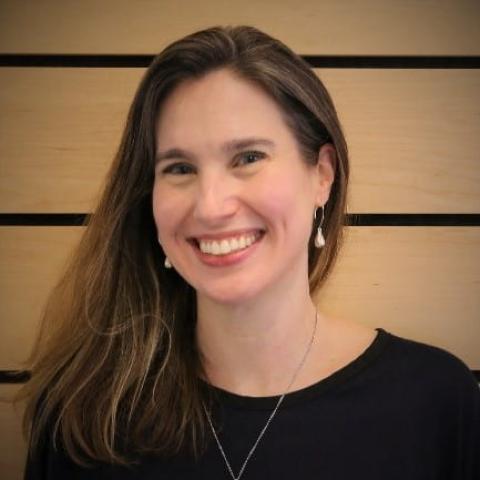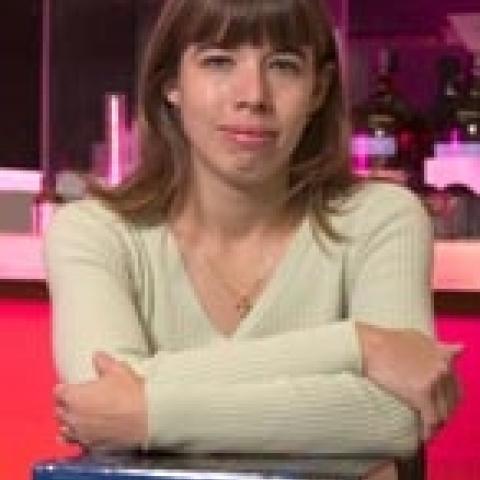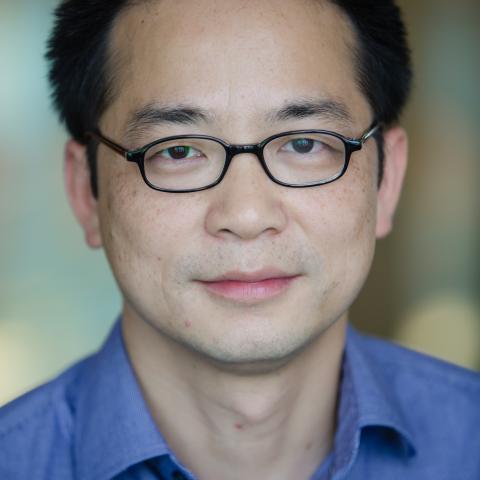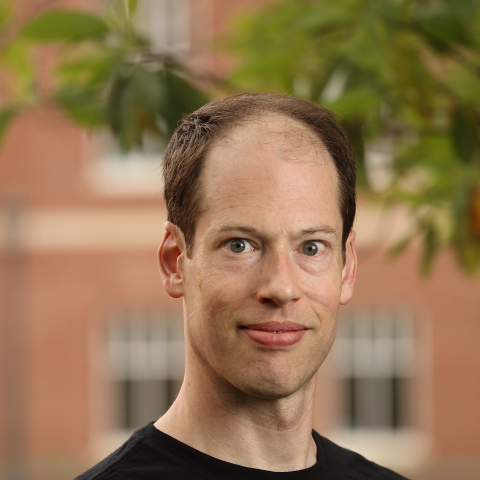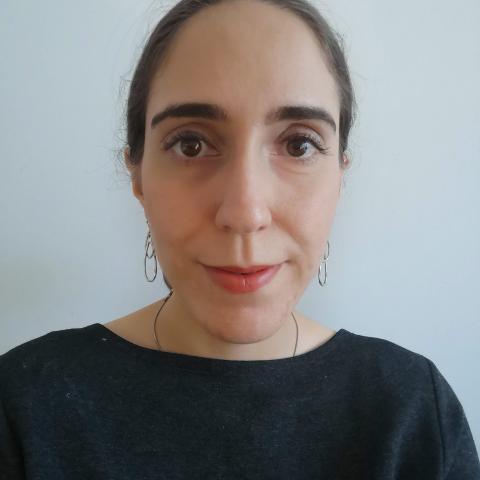Pinar Keskinocak is the H. Milton and Carolyn J. Stewart School Chair and Professor in the H. Milton Stewart School of Industrial and Systems Engineering at Georgia Tech. She is also co-founder and director of the Center for Health and Humanitarian Systems. Previously, she served as the College of Engineering ADVANCE Professor and as interim associate dean for faculty development and scholarship. Prior to joining Georgia Tech, she worked at IBM T.J. Watson Research Center. She received her Ph.D. in Operations Research from Carnegie Mellon University, and her M.S. and B.S. in Industrial Engineering from Bilkent University.
Keskinocak's research focuses on the applications of operations research and management science with societal impact, particularly health and humanitarian applications, supply chain management, and logistics/transportation. Her recent work has addressed infectious disease modeling (including Covid-19, malaria, Guinea worm, pandemic flu), evaluating intervention strategies, and resource allocation; catch-up scheduling for vaccinations; hospital operations management; disaster preparedness and response (e.g., prepositioning inventory); debris management; centralized and decentralized price and lead time decisions. She has worked on projects with companies, governmental and non-governmental organizations, and healthcare providers, including American Red Cross, CARE, Carter Center, CDC, Children’s Healthcare of Atlanta, Emory University, and Intel Corporation.
She is an INFORMS Fellow and currently serves as the president of INFORMS. Previously she served as the Secretary of INFORMS, a department editor for Operations Research (Policy Modeling and Public Sector area), associate editor for Manufacturing & Service Operations Management, and INFORMS Vice President of Membership and Professional Recognition. She is the co-founder and past-president of INFORMS Section on Public Programs, Service, and Needs, and the president of the INFORMS Health Applications Society.
H. Milton and Carolyn J. Stewart School Chair
Professor in the H. Milton Stewart School of Industrial and Systems Engineering
Additional Research
Health systems; humanitarian systems; modeling; simulation; analytics and machine learning; Research and Management Science; Health and Humanitarian Applications; Supply Chain Management; Auctions/Pricing; Due Date/Lead-Time Decisions; Production Planning/Scheduling; Logistics/Transportation
